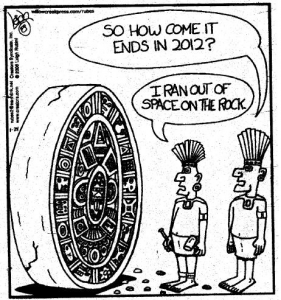This week, I read about men and sports. I read two different articles: “The Televised Sports Manhood Formula” and “What’s ‘manly,’ what’s not for athletes”. The first article described how boys watch a lot of sports on television and analyzed what messages are being sent to today’s youth. They found that sports on T.V. are usually all about men: the sports being shown are played mostly by men, broadcasted by white males, and are advertised by men as well. Women are rarely shown competing; instead, they are viewed as “prizes” and “sexy props” in this male dominated culture. Studies from “The Televised Sports Manhood Formula” show that televised sports encourage violence. It seems that only the aggressive men get ahead in the game and in life generally, and that it is the nature of males to act violently (the “boys will be boys attitude”). While competing, males should act bravely in the face of danger and continue even when it is not advised. The authors of this article summarized the above information into what they consider the “Televised Sports Manhood Formula” which communicates the ideas of true manhood to the rest of society.
The second article was shorter and was also about men and sports, but also focused a bit on why we don’t see more women announcing football games and about how some athletes are frowned upon for trying to be family men. An example used in this article: Sergio Romo took off an important time in his season to be with his wife and newborn child. Some men are a little uncomfortable with this idea because this may redefine what it means to be a man. For some it’s odd seeing athletic males choose family over sports because it’s not what most men do; we are used to seeing women take time off of work to have a child, not the men. The author of this article asks men to take a step back and really analyze what they think it means to be a man, and possibly change their own definition.
I really liked these two readings. It was never brought to my attention before that sports were dominated by males. In my opinion, it’s completely true. I cannot remember the last time I turned on Sports Center and saw more than a few clips on female athletes. However I think it’s important to remember that televised sporting events are shown to appeal to a certain audience: in this case, it is males and males probably prefer watching other males compete in athletic events. A lot of what some people may see as an injustice to women can also be seen as just good business; companies are not going to play a women’s golf tournament over Monday night football if no one is going to watch. “The Televised Sports Manhood Formula” also covered the fact that commercials are directed at a target audience (men and boys). But this is no scandal; every major company does this. The Food Network advertises bleach and cleaning products. Why waste money advertising Covergirl’s new lipstick on ESPN? It would be illogical to waste money advertising to audiences that wouldn’t buy a product anyways.
These readings made me really stop and think—why? Why are the vast majority of sport viewers male? Do women not watch because televised athletics are all male dominated, or are televised athletics male dominated simply because women choose not to watch? I’m not sure how one could go about finding the solution to this question, nor do I know if there is a definite answer to it. I do know personally however that I’d watch televised sports more if more women were shown competing.
As for the second reading, I’d like to say that it is completely absurd for men to be mad at their favorite athletes for wanting to take time off for important family events, regardless of the time in a season. Taking paternity leave in some families is as important for males as it is for females, even if this goes against the idea of “manliness” that some males have. I think the author is right when he says that a redefinition of what it means to be a man is just what some people need.

